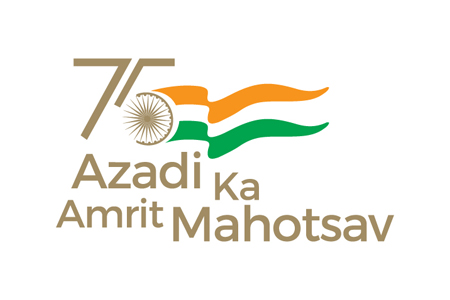Please Read the DU Notice Regarding MPT Admission
Master in Physiotherapy (MPT) : – with following Specialty Areas:
- Orthopedics
- Neurology
- Sports
DESCRIPTION AND SCOPE OF COURSES
THE SCOPE OF PROJECT/RESEARCH IN MASTERS IN PHYSIOTHERAPY WITH SPECIAL EMPHASIS ON ORTHOPEDICS (MPT)
Master of Physical Therapy (MPT) orthopaedics program offers a comprehensive understanding of human movement and rehabilitation techniques. It is a pivotal branch within the broader field of Physiotherapy practice focussed on assessing, diagnosing and managing musculoskeletal disorders, involving a comprehensive approach to restoring optimal function, relieving pain and improving quality of life for individuals with a vast array of orthopedic conditions.
As the field of physical therapy evolves, the scope of research within MPT orthopaedics programs expands, delving into diverse areas to enhance patient care, advance knowledge, and address emerging challenges. There are an extensive range of research opportunities within MPT, highlighting its significance and potential impact.
The various areas of research include but are certainly not limited to
- Understanding Human Anatomy and Physiology
- Research in MPT often begins with a deep dive into human anatomy and physiology. Advancements in this area contribute to better understanding how the body functions and responds to various stimuli.
- Rehabilitation Techniques and Technologies
- The field of physical therapy continuously adopts innovative techniques and technologies to improve patient outcomes. Research in MPT focuses on evaluating the efficacy of rehabilitation interventions, such as manual therapy, exercise prescription, and assistive devices.
- Additionally, researchers explore the integration of emerging technologies like virtual reality, wearable sensors, and robotics to enhance rehabilitation processes and promote recovery.
- Injury Prevention and Sports Performance
- In sports medicine, MPT plays a crucial role in injury prevention and optimizing athletic performance. Researchers examine biomechanical factors contributing to injuries, develop injury prevention strategies, and assess the effectiveness of rehabilitation programs.
- Furthermore, researchers investigate the impact of training protocols and sports-specific interventions on athletes’ performance and injury resilience.
- Chronic Disease Management
- Chronic diseases pose significant challenges to individuals’ quality of life, requiring comprehensive management approaches. MPT research addresses the role of physical therapy in managing chronic conditions such as cardiovascular disease, diabetes, and arthritis.
- Through clinical trials and observational studies, researchers investigate the effects of exercise, lifestyle modifications, and therapeutic interventions on disease progression, symptom management, and overall well-being.
- Pain Management and Rehabilitation
- Pain management is a cornerstone of physical therapy practice, with research focusing on both acute and chronic pain conditions. MPT researchers explore various modalities for pain relief, ranging from manual techniques to electrotherapy and acupuncture.
- Moreover, studies delve into the neurophysiological mechanisms of pain perception, contributing to the development of tailored rehabilitation strategies for individuals experiencing pain syndromes.
- Psychosocial Aspects of Rehabilitation
- Physical health is intricately linked to psychological and social well-being, prompting MPT research to encompass psychosocial aspects of rehabilitation. Researchers explore the impact of mental health conditions, social support systems, and patient perceptions on rehabilitation outcomes.
- Additionally, studies investigate the integration of behavioral interventions, such as cognitive-behavioral therapy and mindfulness-based approaches, into physical therapy practice to address holistic patient needs.
- Healthcare Policy and Practice
- Beyond clinical research, MPT scholars contribute to shaping healthcare policy and practice through health services research and outcomes assessment.
- By evaluating healthcare delivery models, healthcare disparities, and cost-effectiveness of interventions, researchers inform evidence-based practice guidelines and advocate for policies that enhance access to quality rehabilitation services for diverse populations.
- Conclusion
- The scope of research in Master of Physical Therapy programs is vast and multifaceted, encompassing various dimensions of human health, rehabilitation practice, and healthcare delivery.
- Through interdisciplinary collaboration and innovative methodologies, MPT researchers strive to advance knowledge, improve patient care, and address the evolving needs of individuals across the lifespan.
- As the field continues to evolve, research in MPT remains essential for driving innovation, promoting evidence-based practice, and enhancing the overall well-being of communities worldwide.



